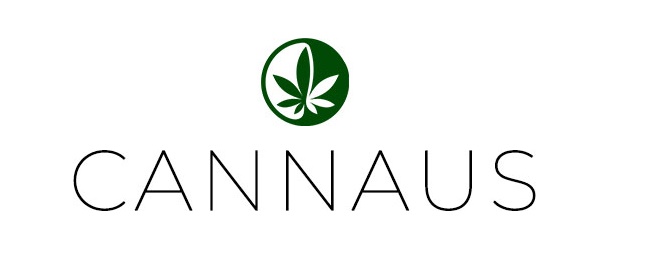According to the National Pain Survey 2021, more than a third of chronic pain sufferers have asked a doctor about accessing medicinal cannabis, with many still facing resistance.
In June, the not-for-profit organisation interviewed 2233 chronic pain sufferers about their health experiences over a 12-month period and found 38.8 per cent had discussed medicinal cannabis with their GP.
While a large portion of respondents had broached the subject, many faced a negative or hesitant response, with most doctors citing reasons such as cost and lack of knowledge as barriers to patient access.
The following responses from the survey further demonstrate the lack of understanding surrounding the medicine and the current processes in place.
One respondent stated, “She was not comfortable to prescribe it to me due to not knowing enough about the process to access it but gave me a health summary so I could go through another clinic.”
Another said, “They think it’s a great idea but it’s too expensive.”
Interestingly, of those patients who had previously discussed medicinal cannabis with their GP during the 12-month period, only 13.45% noted an increased willingness to prescribe the plant medicine.
Increased acceptance by the general public has resulted in cannabis prescriptions doubling in the last year. However, it’s evident there’s still a somewhat stigmatised view of cannabis within mainstream medicine that is contributing to the slow uptake.
Prominent cannabis clinicians say education is the key to acceptance
Dr Jon Teh and Dr Jamie Rickcord are two forward-thinking Australian medical practitioners who advocate for medicinal cannabis and work to educate, inform and inspire patients and practitioners alike.
Both doctors believe that medicinal cannabis will change the current scope of disease management in Australia, having witnessed many successful patient outcomes in their respective cannabis clinics.
However, that’s not to say they haven’t encountered their fair share of resistance towards cannabis from the mainstream medical establishment, which has mainly been driven by stigma, false narratives and a lack of education.
One hundred years of cannabis prohibition has made it impossible to effectively study the plant’s benefits until recently. This, coupled with outdated views rooted in propaganda, have led to slow acceptance.
There is a disparity between fact and fiction regarding medicinal cannabis, and conservative doctors need further resources and training to pinpoint the role of cannabis in modern medicine.
Both Dr Rickcord and Dr Teh strongly encourage other doctors to further educate themselves on the benefits of cannabis as a therapeutic treatment and take the time to listen to their patient’s requests.
“The Jury’s in; cannabis is extremely safe. So to trial that on a patient as a first-line treatment, there’s no risk,” said Dr Teh.
Sources







